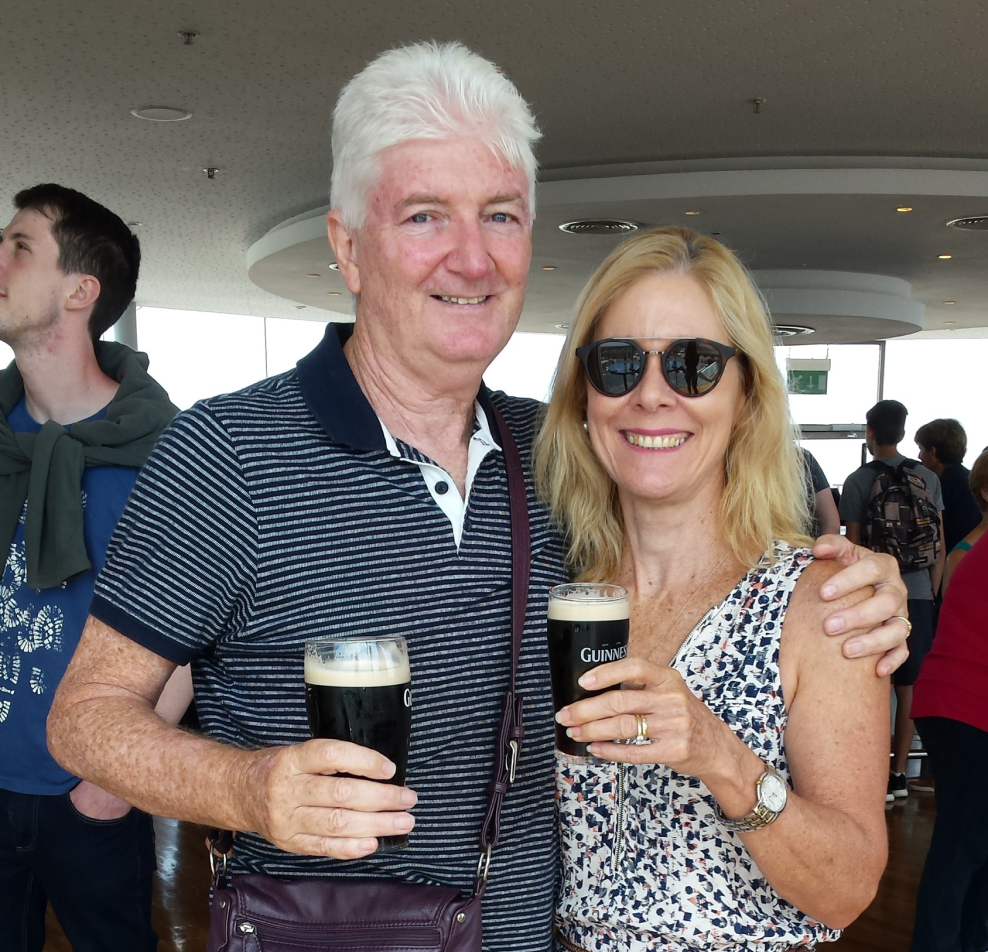Groundbreaking Head Heart Health workshops will be held in Darwin and Alice Springs next month to share practical insights on how to reduce the risk of developing dementia.
Experts from HammondCare’s The Dementia Centre, a trusted leader in dementia care, will provide information on the modifiable risk factors, linked to lifestyle, that are estimated to account for about 40 per cent of dementia.
Presenter Tom Gauci said the latest research points to factors such as diet, exercise, sleep, mood, socialising, learning new skills and hearing loss potentially influencing dementia risk.
“There is often a belief that because a family member – maybe a parent – has dementia then it’s inevitable, but we know that is not true,” Tom said.
“There are many habits you can cultivate to reduce your risk and keep your heart and brain healthy. These changes are relevant regardless of your age or circumstances.”
The workshop, aimed at people in their 30s to 60s, is planned for Rydges Palmerston, Darwin, on Thursday, March 7 between 10am and 12pm with a light lunch afterwards.
Another workshop will go ahead at the Double Tree by Hilton Hotel, Alice Springs, between 10am and 12pm, on Tuesday, March 5.
He said there was compelling evidence that the damage to the brain that will one day manifest itself as dementia late in life occurs many years earlier – as early as the 30s and 40s.
The workshops are taking place a few months after Jo Byrne, of Malak, lost her husband, 76-year-old Sean Byrne – a much-loved Darwin musician – to dementia.
%201.png?width=1536&height=965&name=Sean%20and%20Jo%20Byrne%20(2)%201.png)
Jo recalls there were “small tell-tale signs” of dementia in her husband years before his formal diagnosis with brain scans in 2020, aged 72.
Sean, originally from Ireland, was a lecturer at Charles Darwin University and a well-known musician with local bands such as The Rogues, Tropical Ear and Crubeen. Video from as recently as 2018 shows him performing with great energy at Darwin venues.
Sean passed away on November 29 last year from cerebral amyloid angiopathy, a form of dementia.
His funeral was held at St Marys Star of the Sea Cathedral on December 8. “More than 300 people attended – that is an indication of how many people cared for him,” Jo said.
Years before his diagnosis, Sean was increasingly forgetting names and places - using the word “thingy” instead.
“I would insist that he use the right words, but he obviously couldn’t remember,” Jo said.
On one occasion, Jo recalls Sean forgot how to drive the usual, familiar route home from his daughter’s place. Changes at his workplace, prior to his retirement, seemed to cause frustration and paranoia.
“Before his diagnosis there were times when I would look at Sean and feel like he was not with us – like he was somewhere else,” Jo said.

Sean’s decline after diagnosis was relatively quick and for most of that time, she was able to care for Sean at home, although in the final months before his death she needed help.
She said she was fortunate to have support of the Top End Memory Service, consultants with Dementia Support Australia, Pearl Nursing home and Carers NT.
A feature of the Head, Heart Health workshop will be a risk-rating tool for dementia so participants can assess their current risk and take a proactive approach to reduce that risk.
The Australian Institute of Health and Welfare, in its Dementia in Australia report last year, reported that dementia is the leading cause of death for women and the second leading cause of death – behind coronary disease – for men.
The AIHW predicts the number of people in this country living with dementia will more than double by 2058 to 849,300 people.